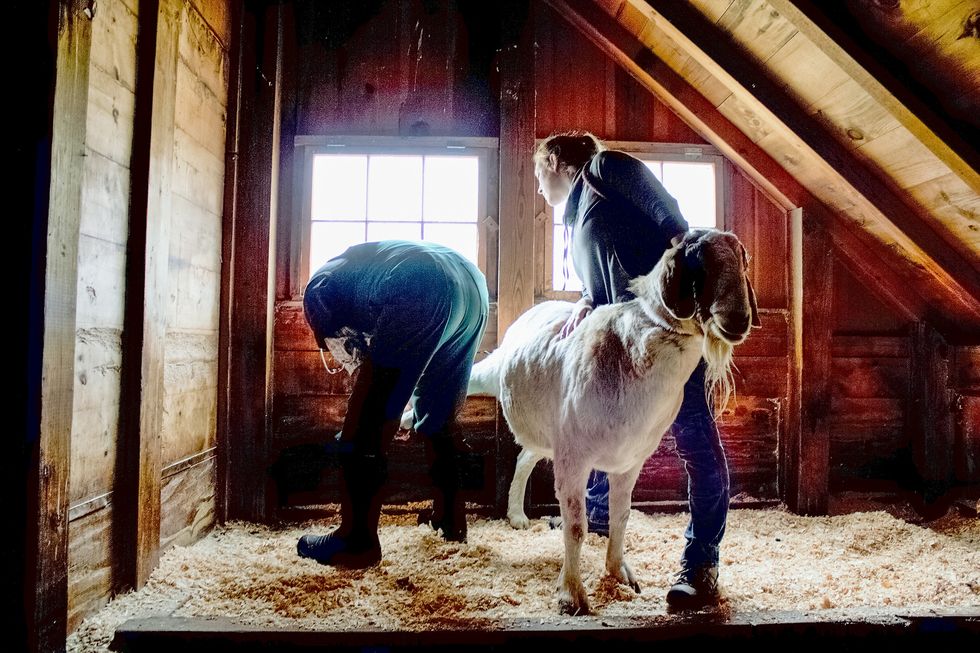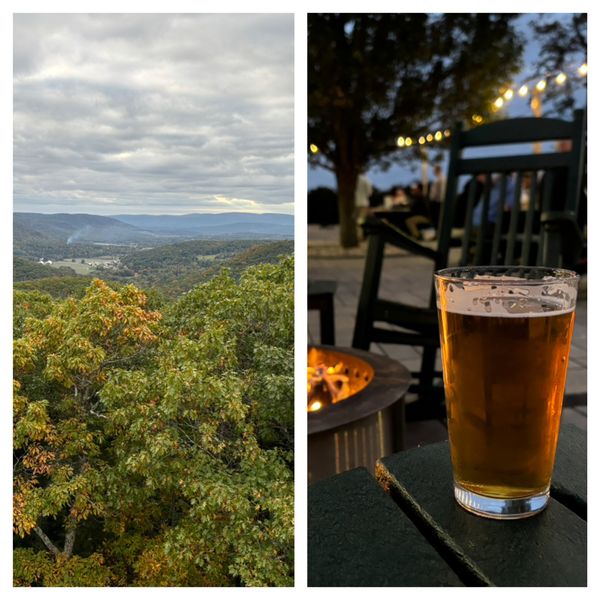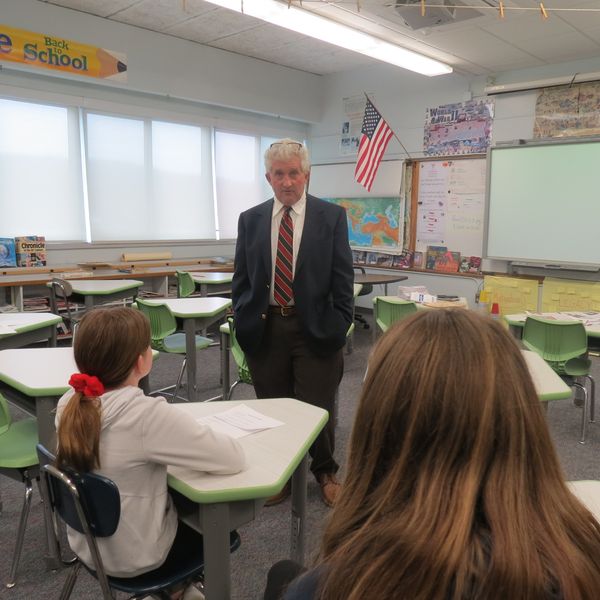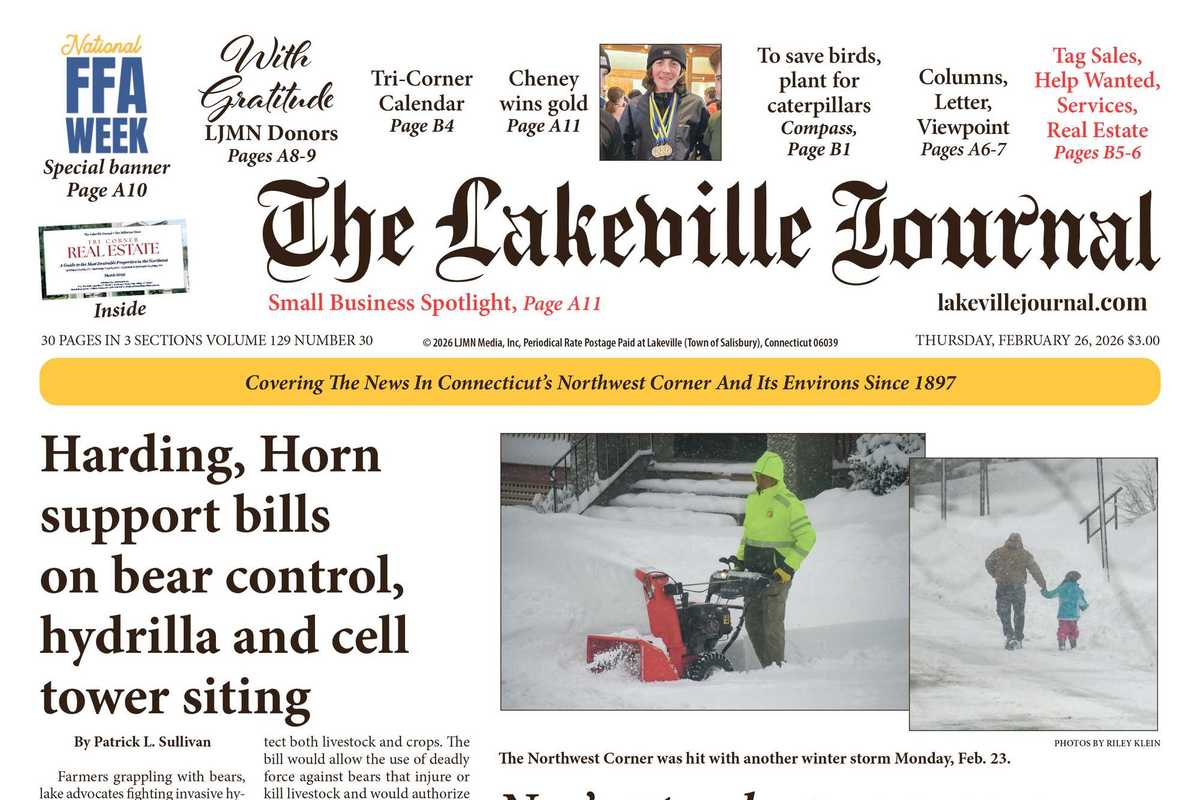My ride-along with a traveling large-animal vet

(From left) Dr. Julie Clas, Dr. Teddy Chase, Dr. Isaac Angell and Dr. Chris Moyer on Jan. 4 outside of the Bentley Veterinary offices in Stanfordville, N.Y., getting ready to head out for the day.
Photo by Elias Sorich









 lakevillejournal.com
lakevillejournal.com 







 Visitors consider Norman Rockwell’s paintings on Civil Rights for Look Magazine, “New Kids in the Neighborhood” (1967) and “The Problem We All Live With” (1963.) L. Tomaino
Visitors consider Norman Rockwell’s paintings on Civil Rights for Look Magazine, “New Kids in the Neighborhood” (1967) and “The Problem We All Live With” (1963.) L. Tomaino





